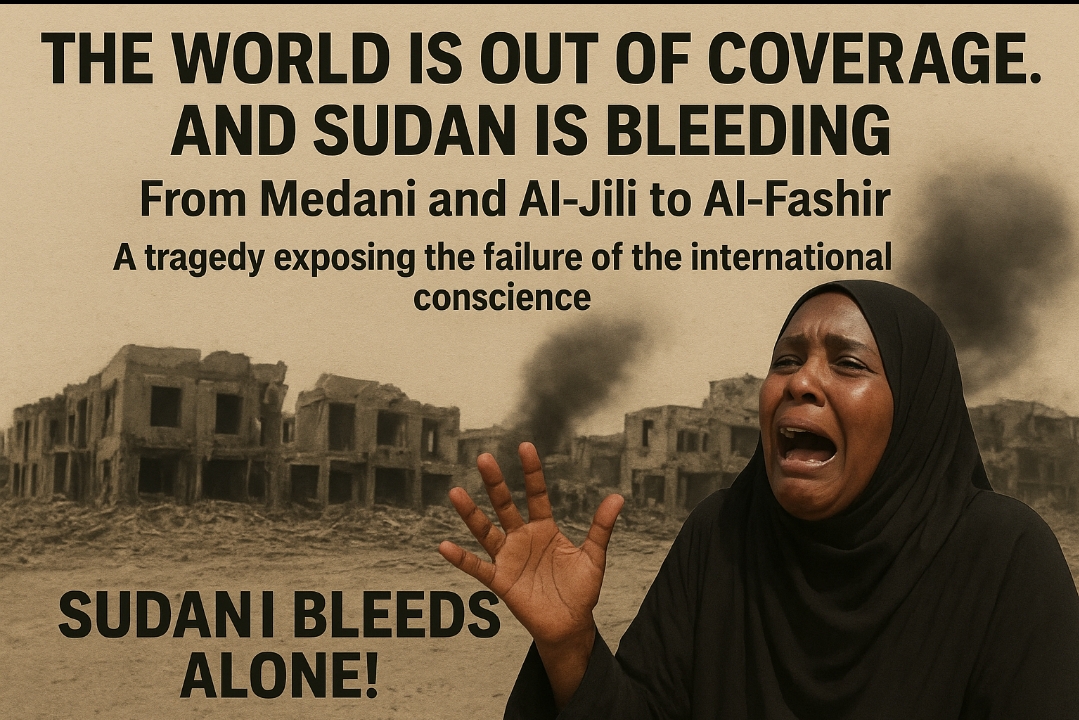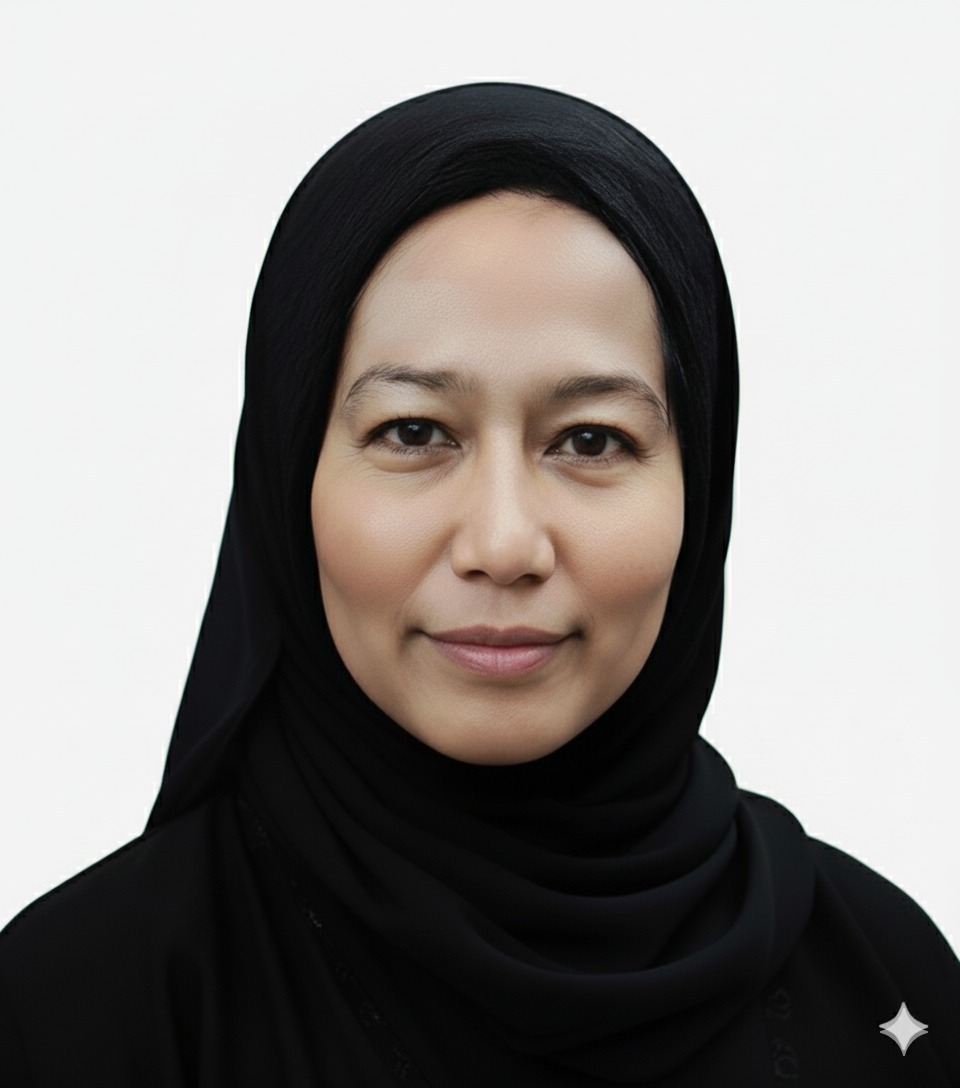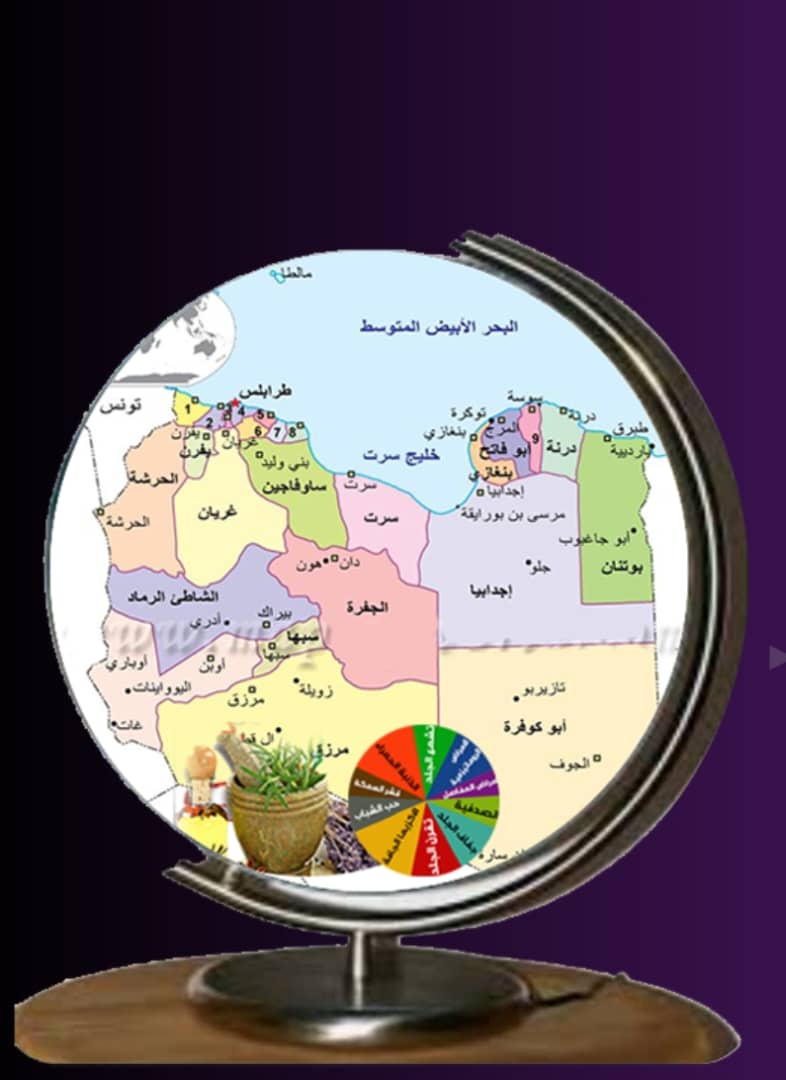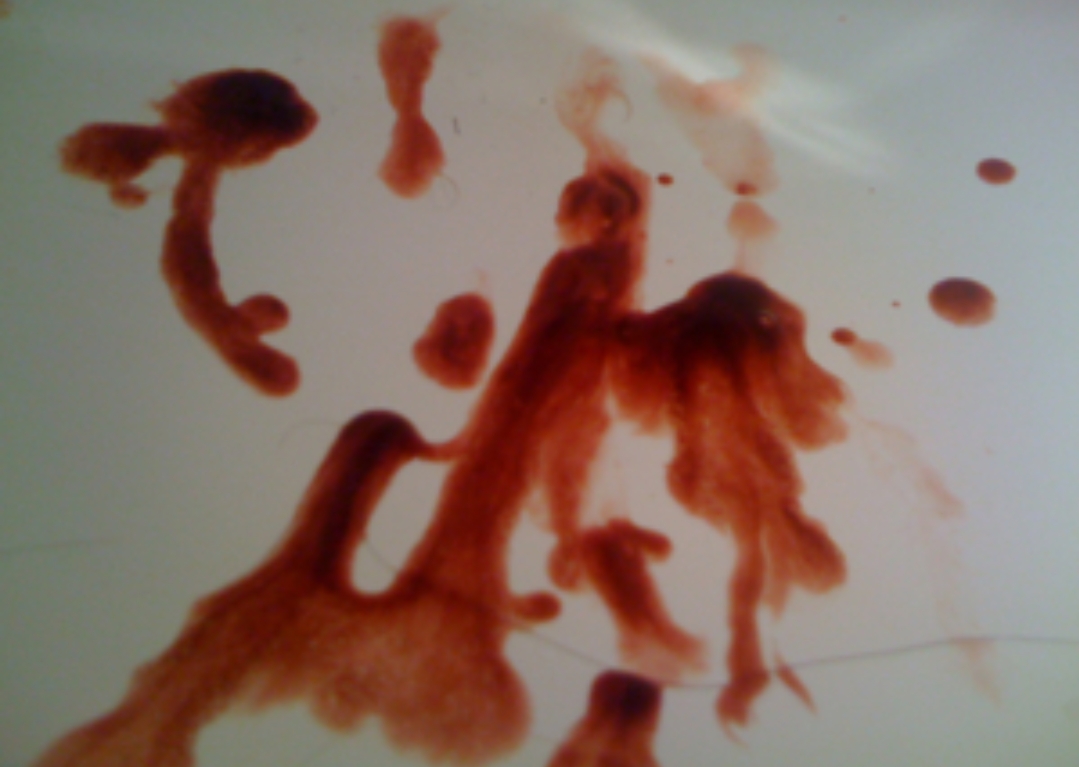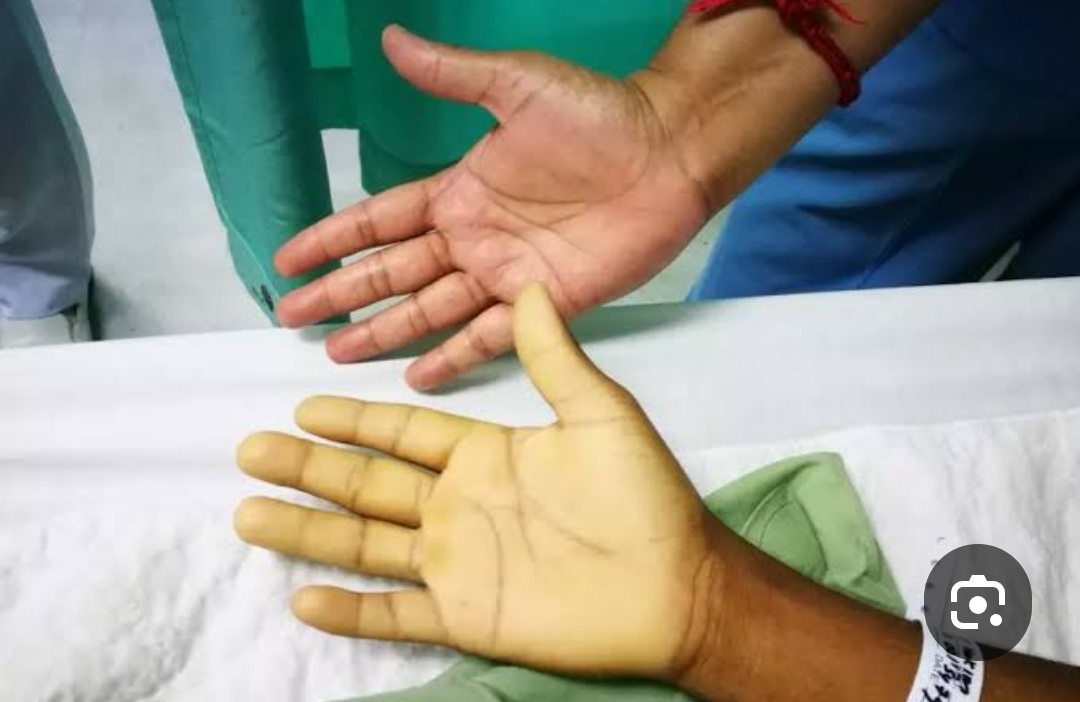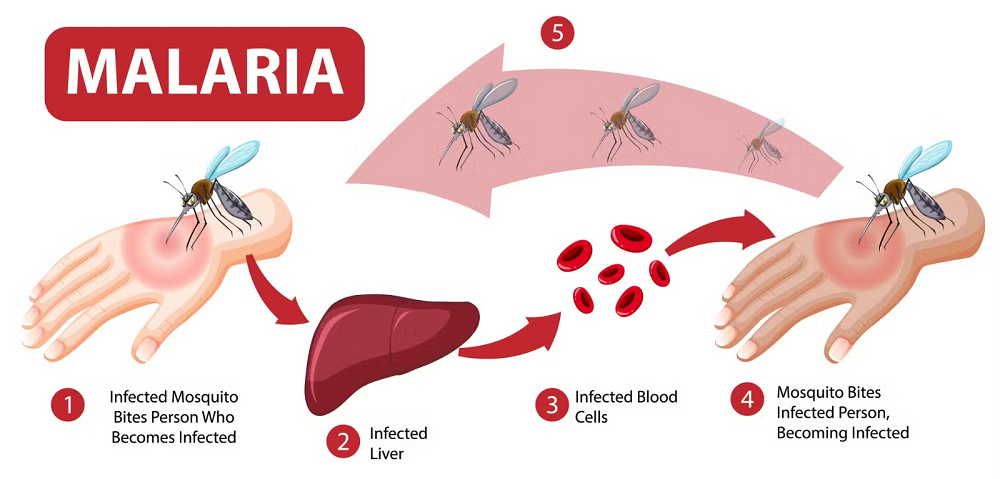The African Nursing Team: The Flame of Compassion Since the Dawn of History
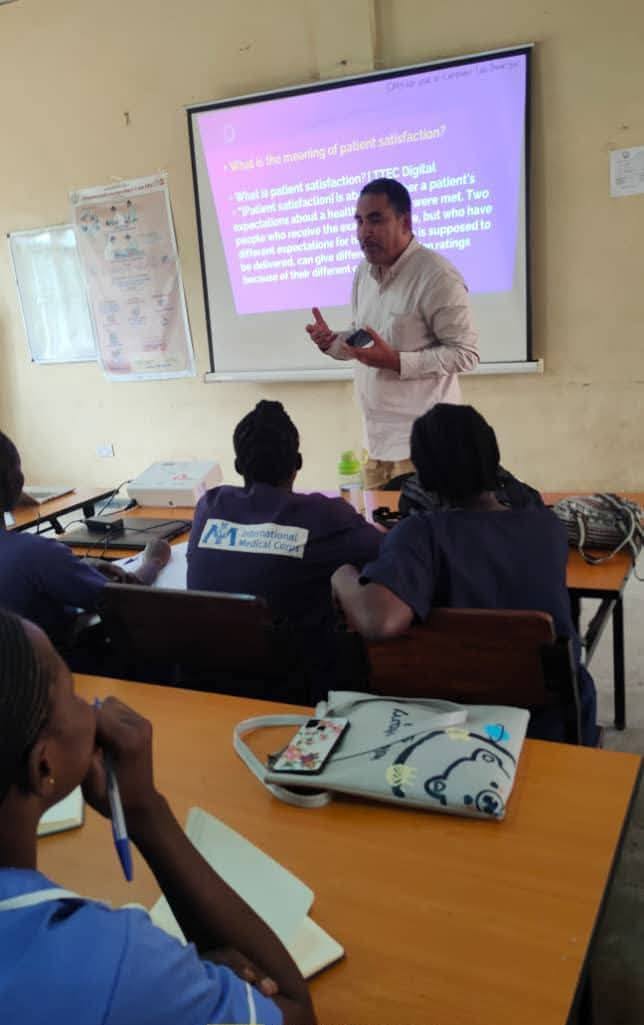
By Dr. Abdelaty Elmannaee
During my many visits across Africa, I was deeply moved by my work alongside a group of true “flames of compassion” — the nurses who embodied the highest meanings of dedication and devotion, despite limited resources. In them, I saw a noble model of humanity and genuine giving. They work silently and faithfully to serve the sick and safeguard life under the toughest of circumstances. To them, I extend my utmost respect, appreciation, and admiration.
Nursing is one of the oldest and noblest humanitarian professions known to humankind. Since the dawn of civilization, it has been closely tied to the care and preservation of human life. Women were the first to practice the art of caring for the sick, the elderly, and children. Long before modern nursing schools were established, women in homes, tribes, and clans instinctively played the role of nurse — tending to the wounded, offering warmth, and providing care during times of war, disease, and famine.
Throughout history, women have carried the message of compassion and mercy — qualities that form the very essence of the nursing profession. In ancient civilizations such as the Egyptian, Assyrian, and Greek, there were women regarded as “attendant nurses” who treated the wounded and prepared medicinal herbs. Ancient Egyptian inscriptions mention that priests and physicians relied on female assistants to sterilize instruments and care for patients inside healing temples. Over time, this role evolved into a more organized and socially recognized profession.
In the Middle Ages, women continued to practice nursing in monasteries and infirmaries, combining both spiritual and physical care for patients. Nurses were viewed as symbols of sacrifice and humanitarian service. In the 19th century, Florence Nightingale founded the modern scientific model of nursing after her experience in the Crimean War, becoming an icon who inspired women around the world to join this noble profession.
In Africa, nursing has long been intertwined with the continent’s social and historical struggles. Throughout the colonial and postcolonial eras, African communities faced enormous health challenges — from infectious diseases and epidemics to poverty and fragile healthcare systems. Here, African nurses emerged as the backbone of healthcare. In villages and remote areas, the nurse was often the first — and sometimes the only — healthcare provider visiting the sick, administering vaccines, treating injuries, and promoting health education and disease prevention.
African nurses have borne double the burden amid scarce resources and limited medical facilities, yet they displayed heroic performance in the face of diseases such as Ebola, malaria, and HIV/AIDS. In many African nations, nurses stood on the frontlines — providing care, guidance, and risking their own lives to protect their communities. They also played major roles in health awareness campaigns, reducing maternal and child mortality rates, and advancing public health — making their contribution vital to achieving the continent’s health development goals.
Today, as African healthcare systems expand and the demand for skilled professionals increases, the importance of the nursing profession continues to grow. The African nurse is not merely a caregiver, but a pillar of sustainable development — raising public health awareness and supporting women’s rights to work, education, and community service.
From the dawn of history until today, nursing — particularly by women — has remained a beacon of compassion and human responsibility, blending science with empathy, and care with competence. Across Africa, the nurse stands as a symbol of hope amidst suffering, a bridge connecting humanity to dignity and life — affirming that nursing is not merely a profession, but an eternal humanitarian mission.



